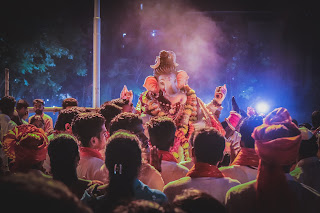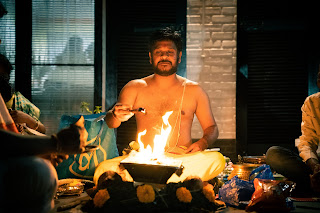How to become spiritual ?
The Bhagavad Gita, a sacred Hindu scripture, offers guidance on how to become spiritual. Here are some key teachings from the Gita on this topic:
Understand the nature of the soul:
According to the Gita, the soul is eternal and indestructible. To become spiritual, you must understand that your true self is the soul, which is distinct from the temporary material body.
Practice self-control:
The Gita teaches that the mind is the cause of both bondage and liberation. To become spiritual, you must learn to control your mind and senses through practices such as meditation, yoga, and detachment from material desires.
Perform selfless actions:
The Gita emphasizes the importance of performing actions without attachment to the results. When you perform actions for the sake of service to others or for the greater good, without expecting anything in return, you purify your mind and become closer to the divine.
Surrender to God:
The ultimate goal of spiritual practice, according to the Gita, is to surrender to God and become one with the divine. This can be achieved through devotion to God, prayer, and constant remembrance of the divine.



Comments
Post a Comment